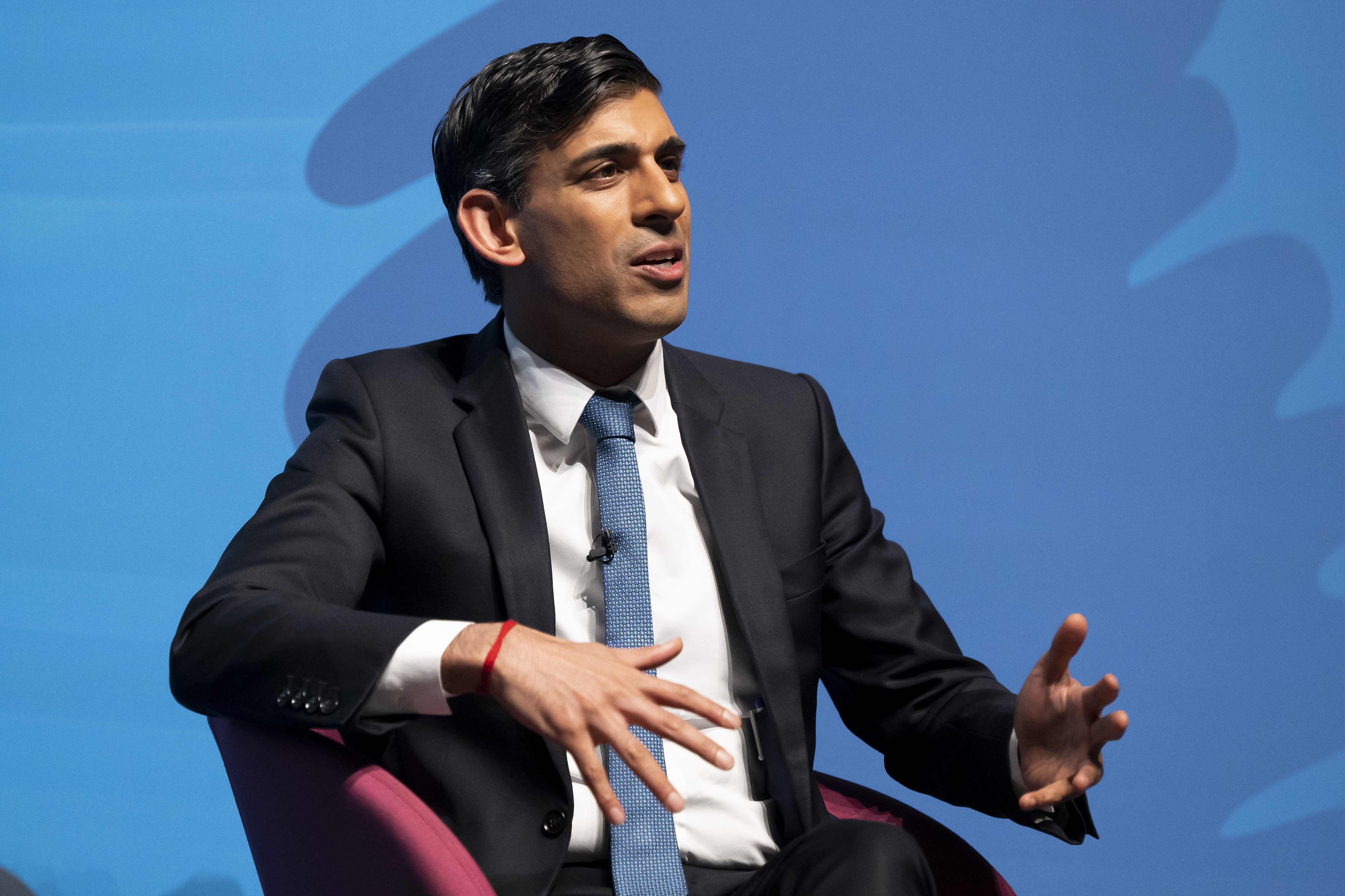Sexual harassment in Silicon Valley: 60% of women experience 'unwanted advances'
Misogyny is rampant in Silicon Valley tech firms


Nearly two-thirds of women working in Silicon Valley tech firms have experienced incidents of sexual harassment in the workplace, a new survey by Stanford University researchers has revealed.
Of the 60 per cent of women who had experienced "unwanted sexual advances", 65 per cent said these advances had come from one of their superiors, according to the Elephant in the Valley survey.
For half these women, such an advance had happened more than once.
One in three said they had been made to fear for their personal safety because of work-related circumstances, while 60 per cent of those who reported such harassment were dissatisfied with the course of action taken after reporting it.
The research asked over 200 women about their experiences, all of whom had at least 10 years of experience in the industry.
Two-thirds of participants had children, while 77 per cent were over the age of 40. As well as start-ups, women working at large companies such as Apple, Google and VMWare were also included.
But despite how common sexual harrassment is, many men were ignorant of such incidents happening, said the researchers.
Get the ITPro daily newsletter
Sign up today and you will receive a free copy of our Future Focus 2025 report - the leading guidance on AI, cybersecurity and other IT challenges as per 700+ senior executives
"What we realised is that while many women shared similar workplace stories, most men were simply shocked and unaware of the issues facing women in the workplace," the authors wrote.
Many respondents gave accounts of their negative experiences, with one writing: "After a colleague made a (VERY unwanted) advance, I did not complain to anyone but I ensured that I never was alone with him outside an office setting. Not complaining was a mistake. The colleague later criticised me in a review as 'not putting in enough hours.'
"If I'd filed a complaint, his spiteful slap back at me would have been put in context. But I wouldn't have known whom to complain to or how."
Almost 40 per cent of victims admitted to doing nothing because they believed speaking up would negatively impact their career, and 30 per cent said they didn't report the incident because they "wanted to forget".
Other findings from the study shine a light on how family impacts women in the industry, the unconscious bias of male co-workers and how seeming 'too aggressive' or 'meek' can impact how people see them.
The majority of women (84 per cent) surveyed said they had been told in the past that they were too aggressive, and 66 per cent had felt excluded from key social or networking opportunities because of their gender.
"When I am with a male colleague who reports to me the default is for people to tend to defer to him, assuming I work for him," said one respondent. "As soon as they know that is not true they look to me. I have also had male colleagues say to me that once a woman is pregnant she is irrelevant."
There are fewer women working in the industry than there were 10 years ago, it was revealed last year, with numbers falling by seven per cent between 2002 and 2012. This may partly be down to a lower number of female students choosing to study STEM subjects at school and university level, thus gender-skewing the talent pool.
When asked about mandatory quotas possibly being introduced for technology companies, a panel of leading industry figures at the WISE Conference 2015 were split as to whether this was the best solution.
"Absolutely not," said Shashi Watson, from investment management fund Winton Capital. "It will only backfire. It's not quite time yet. There's going to be a stigma amongst those companies that would feel pressured, and the women that are employed there would feel like they're just being done a favour."
Caroline has been writing about technology for more than a decade, switching between consumer smart home news and reviews and in-depth B2B industry coverage. In addition to her work for IT Pro and Cloud Pro, she has contributed to a number of titles including Expert Reviews, TechRadar, The Week and many more. She is currently the smart home editor across Future Publishing's homes titles.
You can get in touch with Caroline via email at caroline.preece@futurenet.com.
-
 Bigger salaries, more burnout: Is the CISO role in crisis?
Bigger salaries, more burnout: Is the CISO role in crisis?In-depth CISOs are more stressed than ever before – but why is this and what can be done?
By Kate O'Flaherty Published
-
 Cheap cyber crime kits can be bought on the dark web for less than $25
Cheap cyber crime kits can be bought on the dark web for less than $25News Research from NordVPN shows phishing kits are now widely available on the dark web and via messaging apps like Telegram, and are often selling for less than $25.
By Emma Woollacott Published
-
 It’s the end of the road for Women Who Code, following loss of “critical” funding
It’s the end of the road for Women Who Code, following loss of “critical” fundingNews The organization supporting women in the tech industry is being dissolved 13 years after it was founded
By Emma Woollacott Published
-
 Five common barriers holding back women in tech
Five common barriers holding back women in techWomen in tech still face significant challenges in the workplace
By Keri Allan Published
-
 Is Rishi Sunak’s ‘Unicorn Kingdom’ a reachable goal or a mere pipedream?
Is Rishi Sunak’s ‘Unicorn Kingdom’ a reachable goal or a mere pipedream?Analysis Plunging venture capital investment and warnings over high-growth company support raise doubts over the ‘Unicorn Kingdom’ ambition
By Ross Kelly Published
-
 Some Tech Nation programs could continue after Founders Forum acquisition
Some Tech Nation programs could continue after Founders Forum acquisitionNews The acquisition brings to a close a months-long saga over what the future holds for Tech Nation initiatives
By Ross Kelly Published
-
 Podcast transcript: Startup succession: From Tech Nation to Eagle Labs
Podcast transcript: Startup succession: From Tech Nation to Eagle LabsIT Pro Podcast Read the full transcript for this episode of the ITPro Podcast
By Rory Bathgate Published
-
 The ITPro Podcast: Startup succession: From Tech Nation to Eagle Labs
The ITPro Podcast: Startup succession: From Tech Nation to Eagle LabsITPro Podcast Some small firms are already lamenting the loss of Tech Nation, but Barclays Eagle Labs has much to offer the sector
By Rory Bathgate Published
-
 Don’t count Barclays Eagle Labs out just yet – it can deliver in ways Tech Nation never has
Don’t count Barclays Eagle Labs out just yet – it can deliver in ways Tech Nation never hasOpinion Tech Nation has a great track record, but Eagle Labs has the experience, the financial clout, and a clear-cut vision that will deliver positive results for UK tech
By Ross Kelly Published
-
 UK tech sector could face a ‘unicorn winter’ amid spiralling economic conditions
UK tech sector could face a ‘unicorn winter’ amid spiralling economic conditionsNews Tech Nation’s final piece of industry research calls for action to support continued ecosystem growth
By Ross Kelly Published